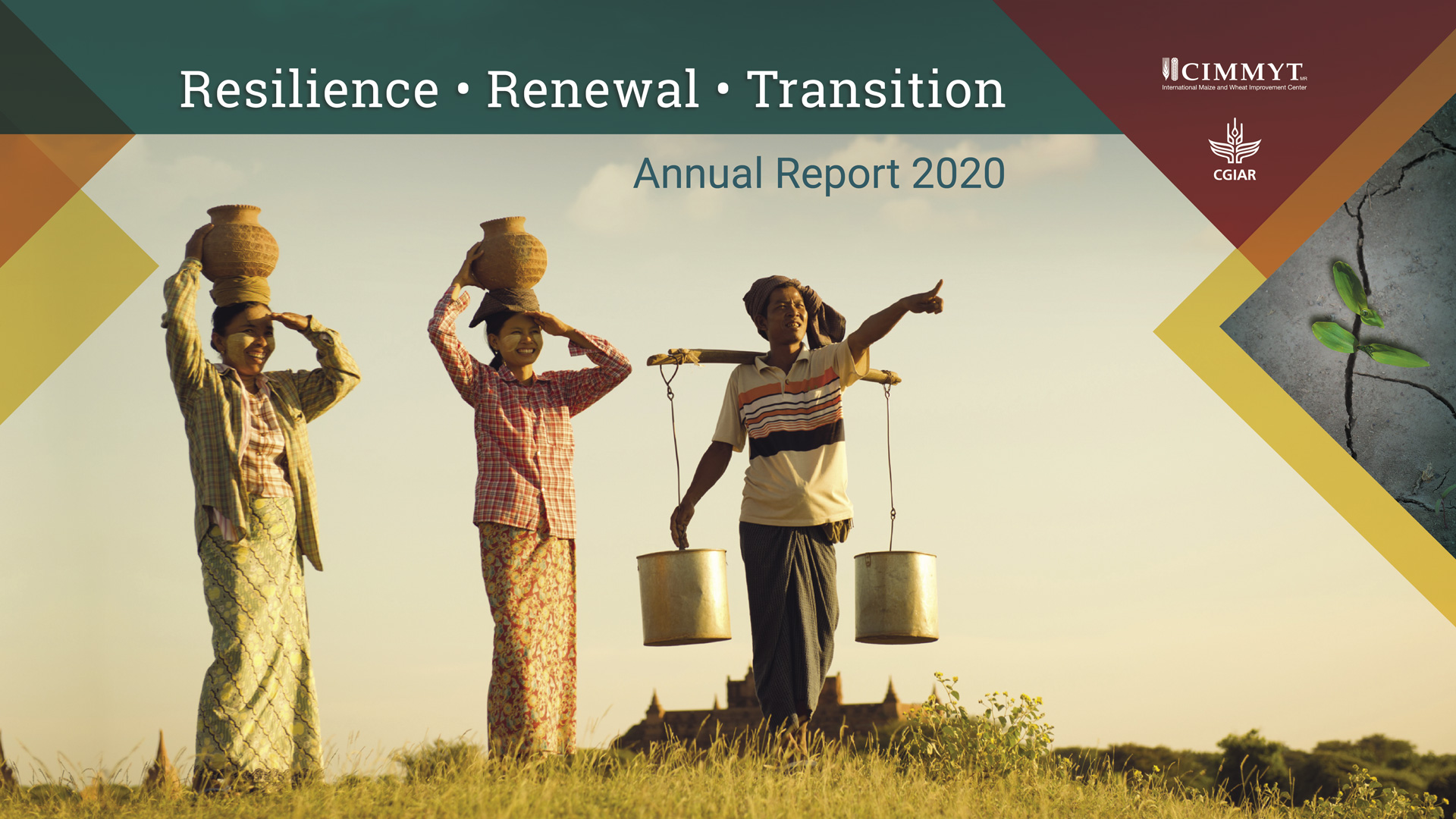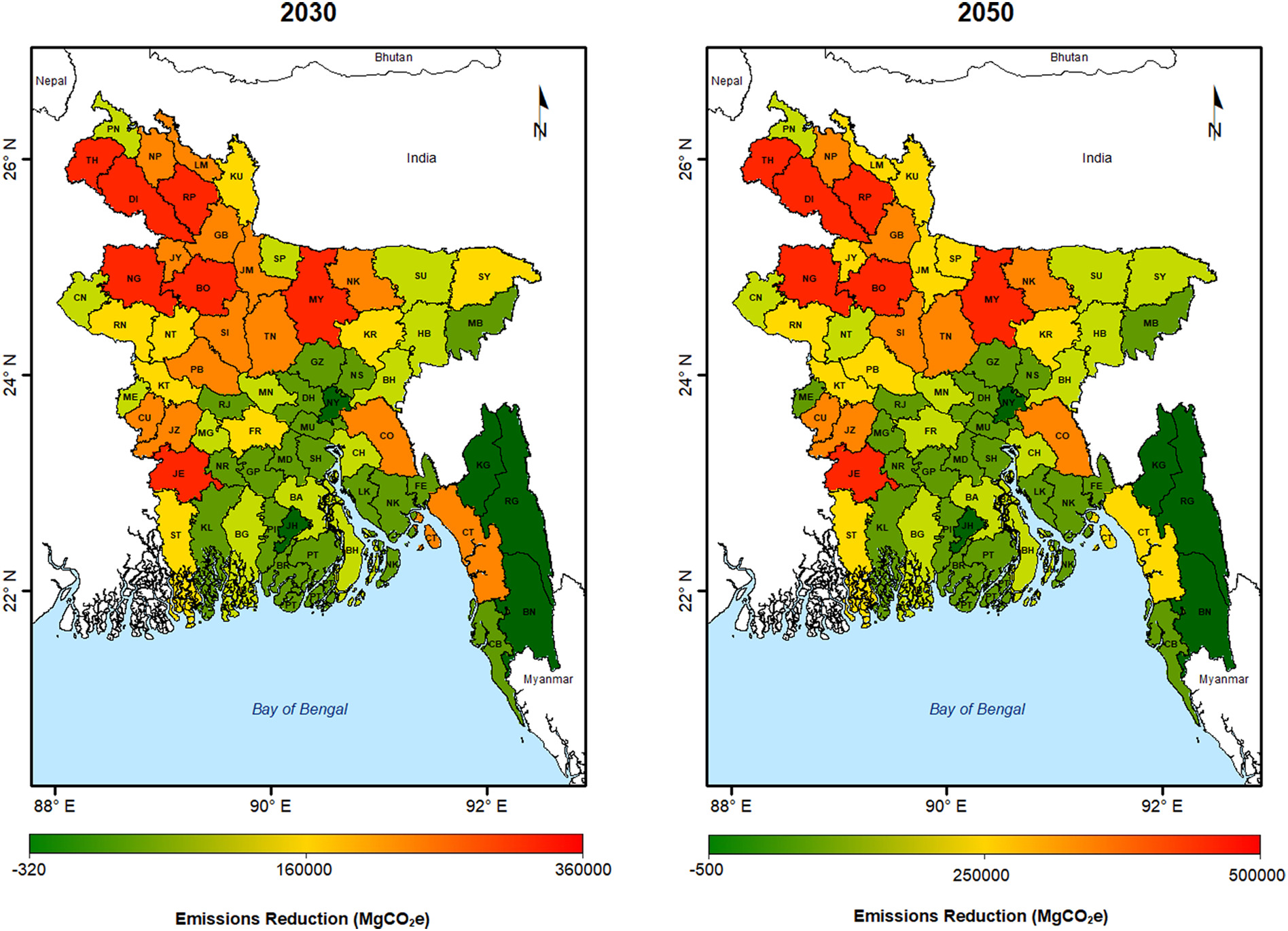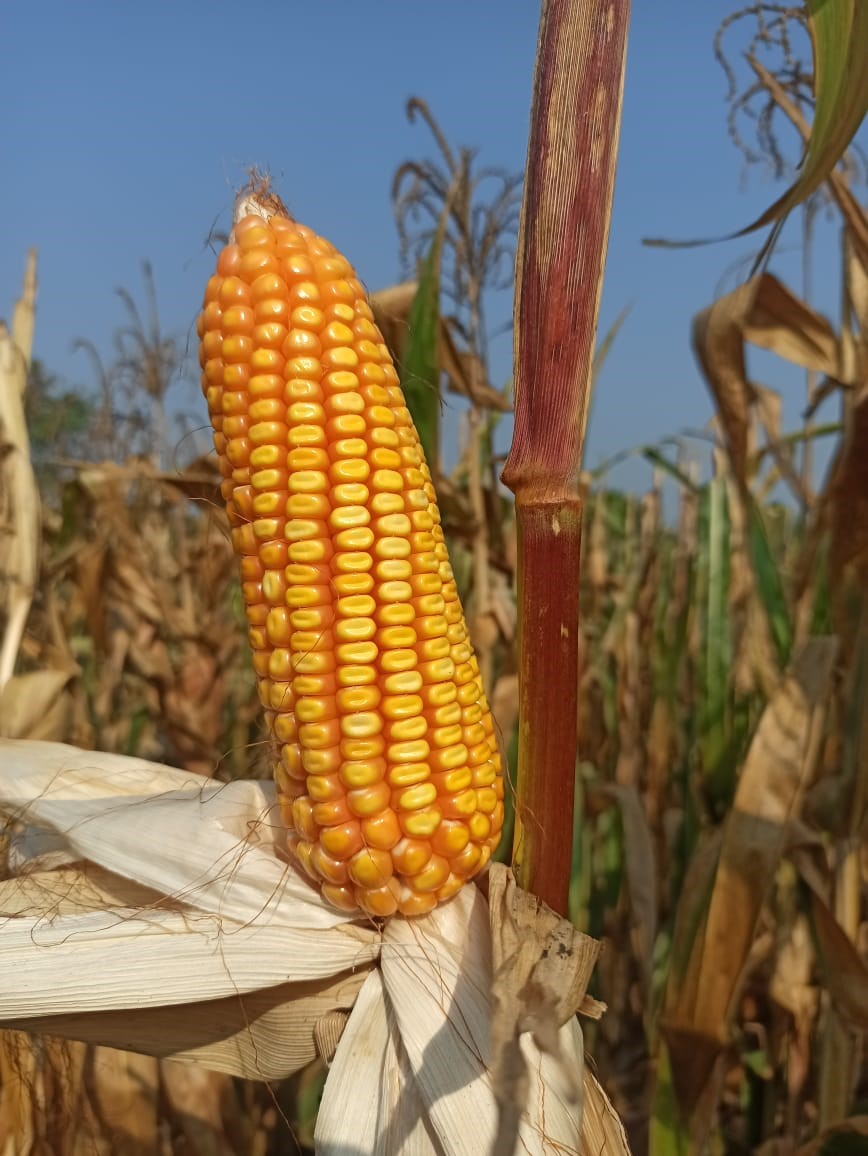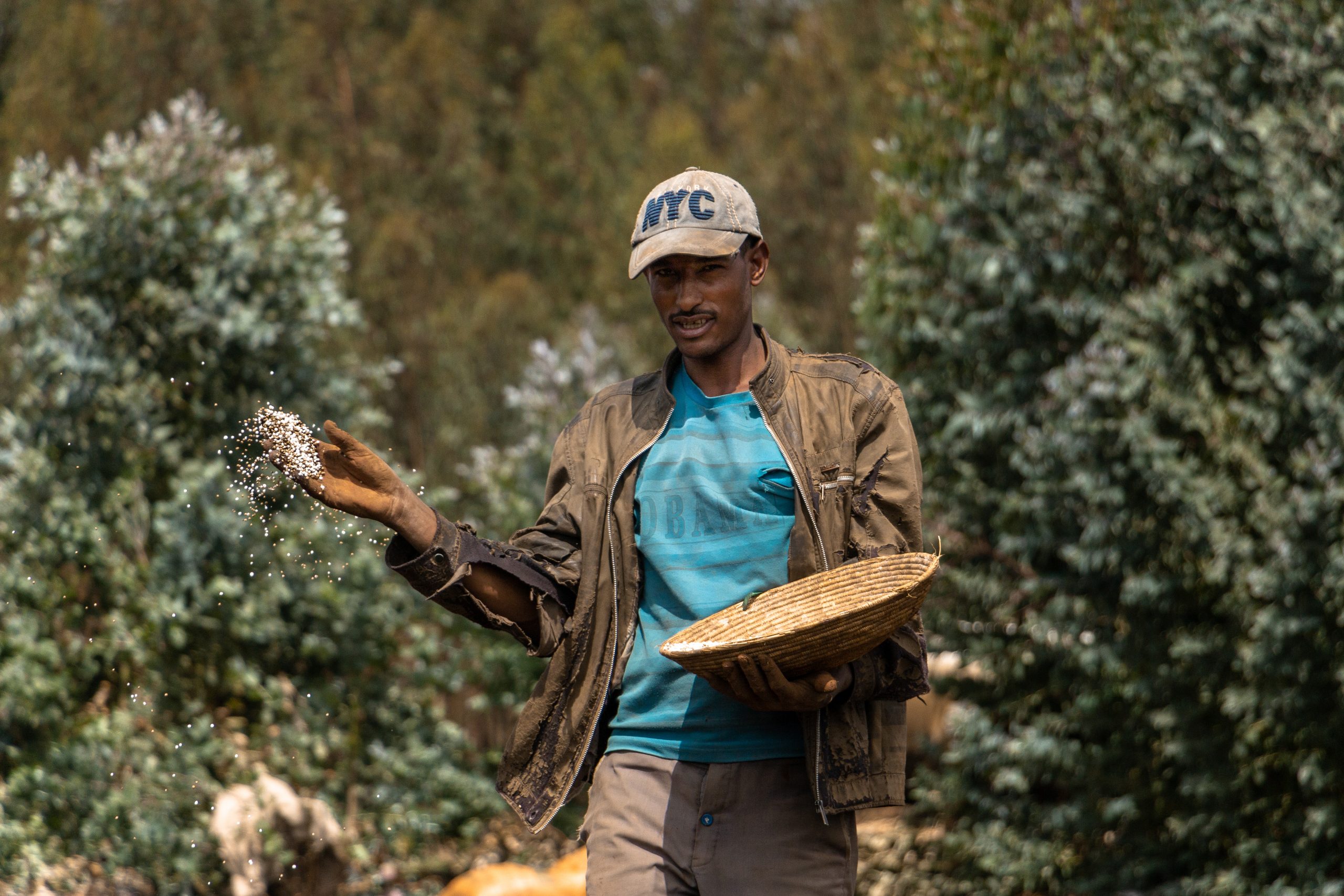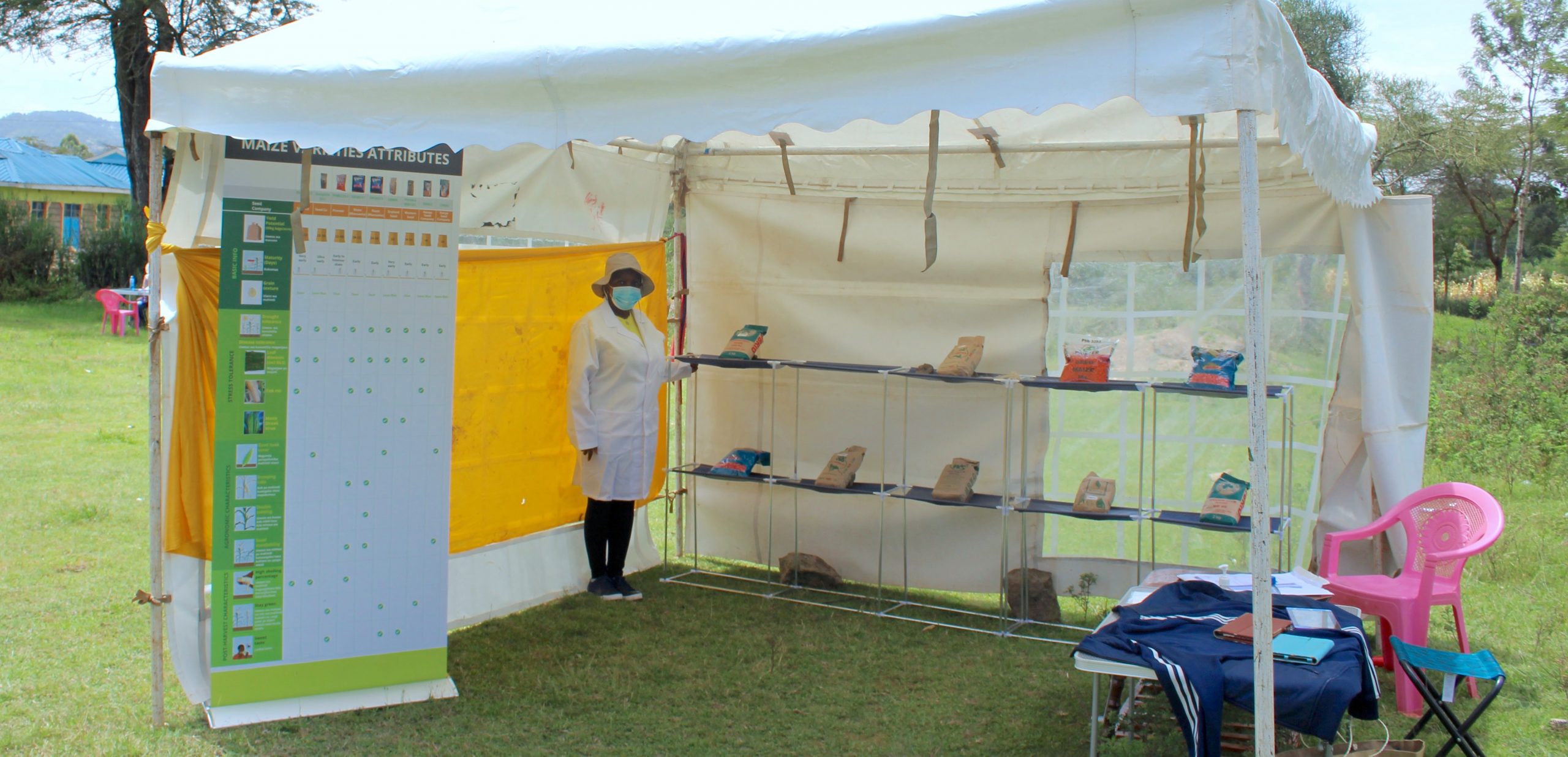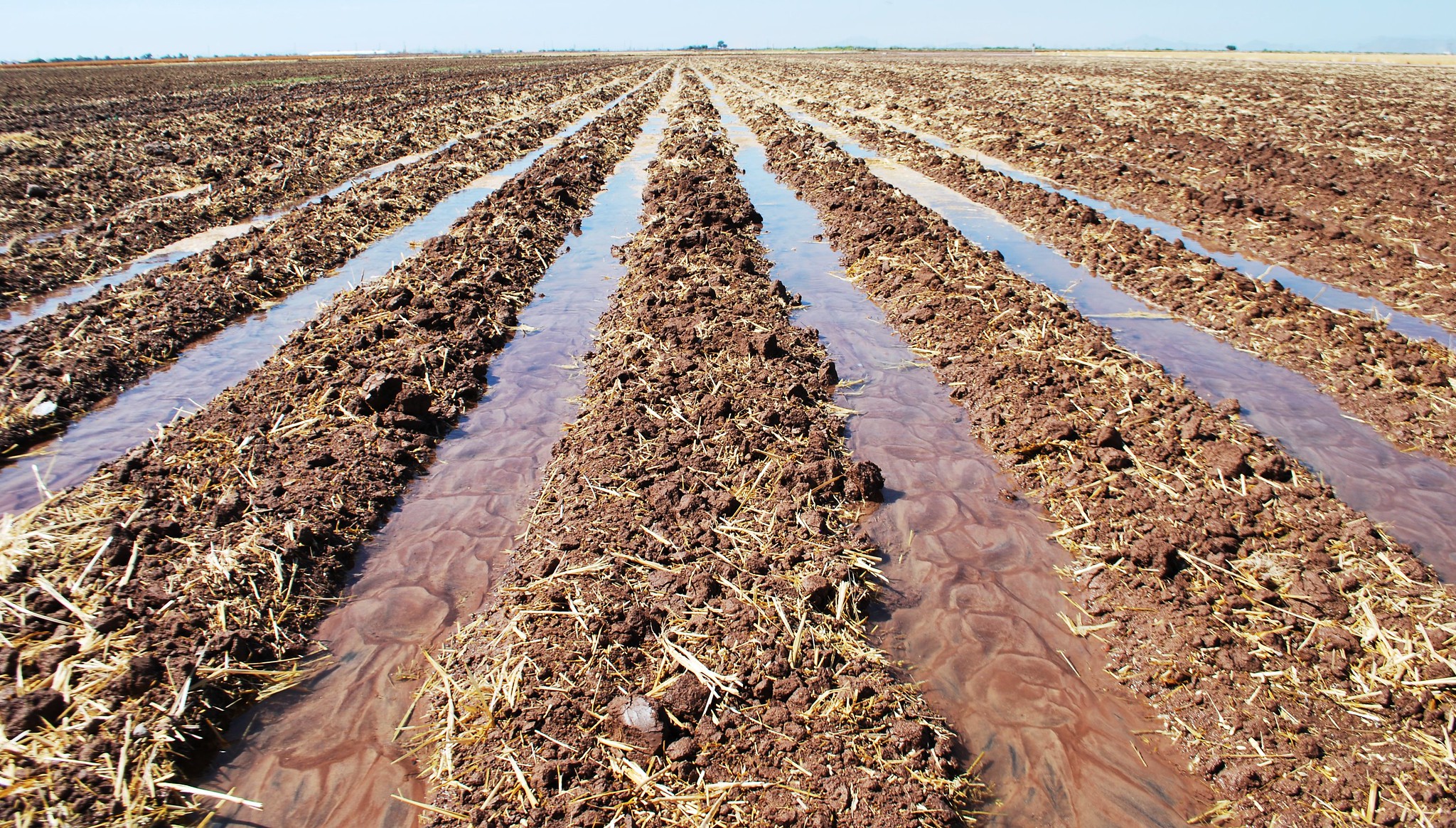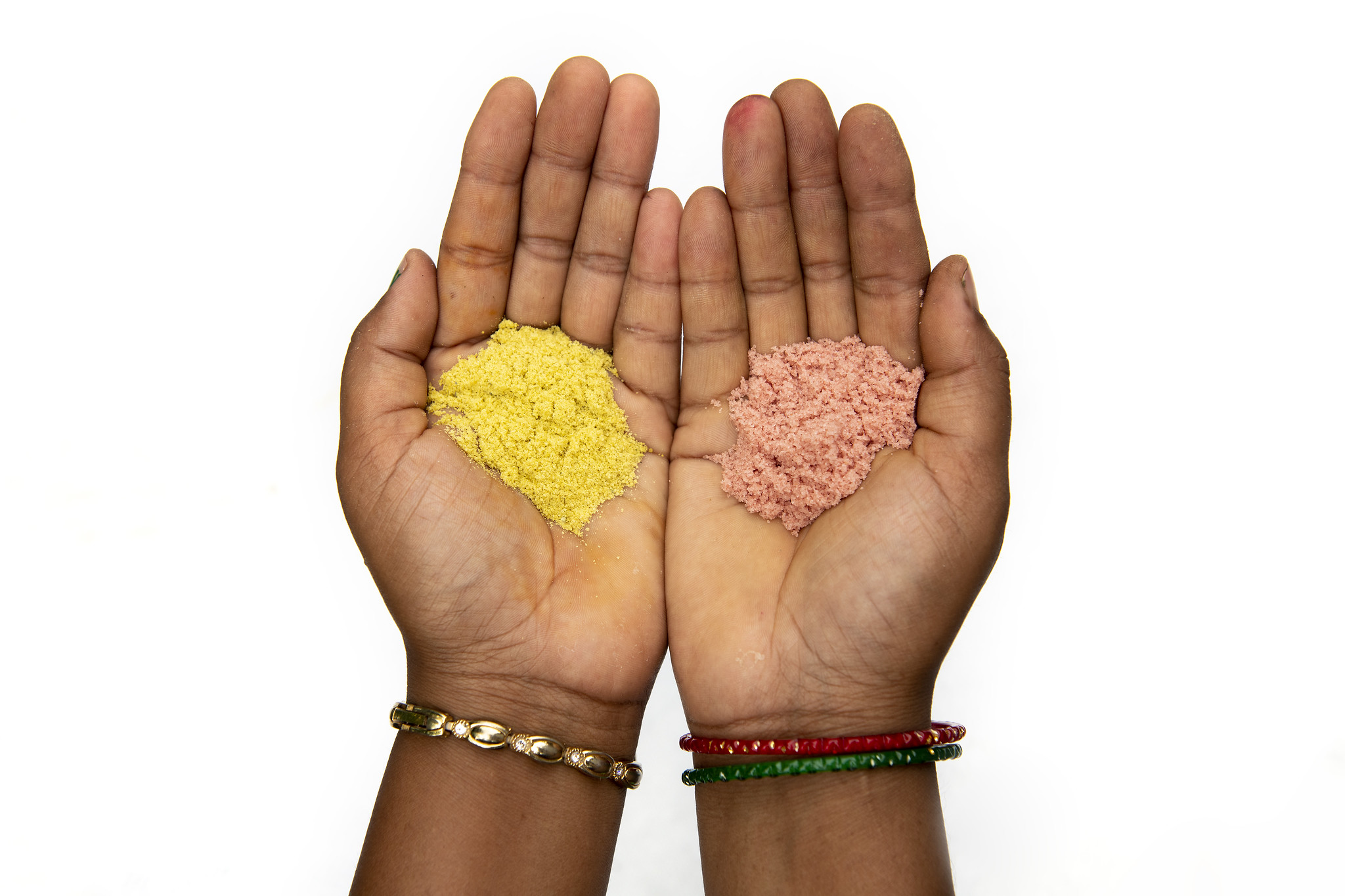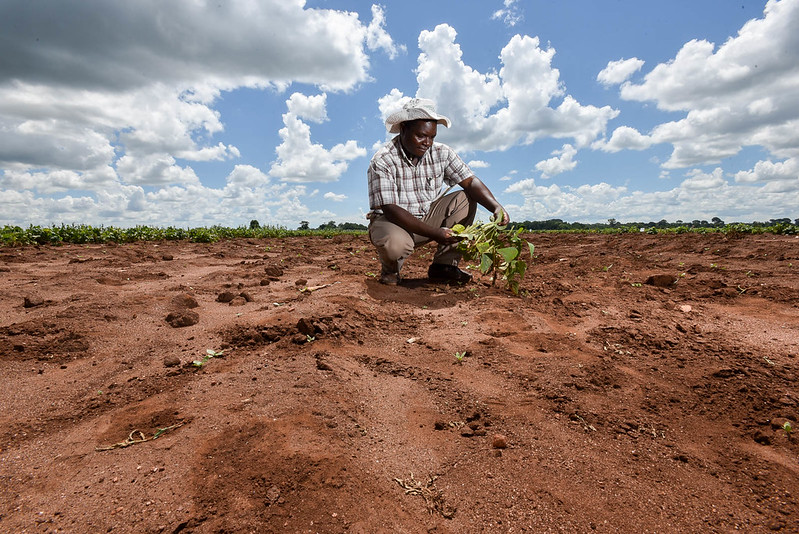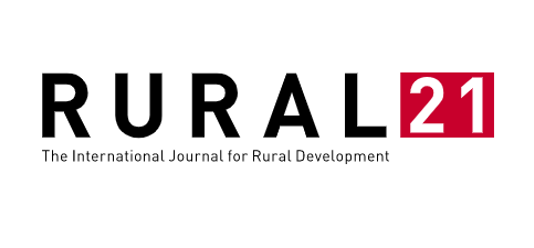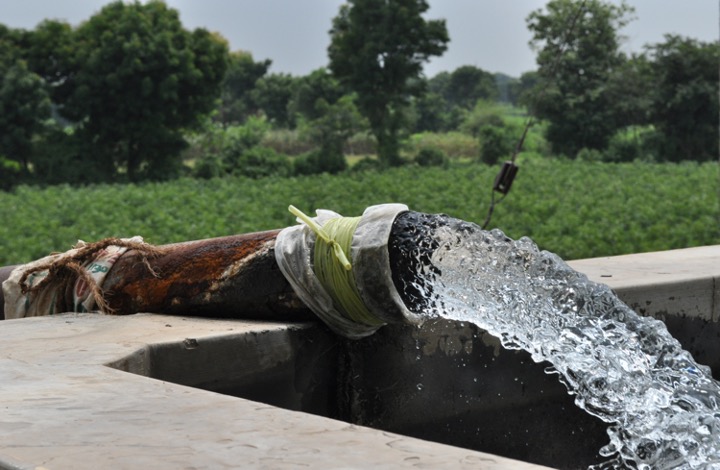Climate adaptation and mitigation
Climate change threatens to reduce global crop production, and poor people in tropical environments will be hit the hardest. More than 90% of CIMMYT’s work relates to climate change, helping farmers adapt to shocks while producing more food, and reduce emissions where possible. Innovations include new maize and wheat varieties that withstand drought, heat and pests; conservation agriculture; farming methods that save water and reduce the need for fertilizer; climate information services; and index-based insurance for farmers whose crops are damaged by bad weather. CIMMYT is an important contributor to the CGIAR Research Program on Climate Change, Agriculture and Food Security.
Annual Report 2020 launched
 Climate adaptation and mitigation
Climate adaptation and mitigation
Working towards resilience, renewal and transition in our agri-food systems.
Seeding happy, cleaning air: Farmers adopting non-burn tech give hope
 Climate adaptation and mitigation
Climate adaptation and mitigation
Source: Down To Earth (1 Jul 2021)
The Happy Seeder—a machine that cuts and lifts the paddy straw while simultaneously sowing the wheat crop—is not just the least polluting, but also the most scalable solution that can be adopted by farmers ‘en masse’.
Bangladesh could largely reduce greenhouse gas emissions from agriculture while increasing efficiency in production
 Climate adaptation and mitigation
Climate adaptation and mitigation
Farmers could save costs and contribute to climate mitigation by adopting easy-to-access farming methods like better nitrogen management, intermittent irrigation, and strip tillage, study shows.
AAA drought-tolerant maize now available in Myanmar
 Climate adaptation and mitigation
Climate adaptation and mitigation
The TA5085 variety will benefit farmers producing under rain-fed conditions in drought-prone areas, like Myanmar’s central dry zones.
Mapping the way to lower nitrous oxide emissions
 Climate adaptation and mitigation
Climate adaptation and mitigation
A new study identifies global emissions and mitigation hotspots ripe for more efficient nitrogen use in maize and wheat production.
Buying into new seed
 Climate adaptation and mitigation
Climate adaptation and mitigation
A mock shop helps researchers understand how Kenyan farmers choose maize seed when their preferred varieties are out of stock.
CIMMYT Releases 12 New Maize Lines
 Climate adaptation and mitigation
Climate adaptation and mitigation
Source: Seed World (14 May 2021)
CIMMYT has released a set of 12 new maize lines adapted to the tropical environments targeted by CIMMYT and partner institutions.
Can we create a climate-resistant coffee in time?
 Climate adaptation and mitigation
Climate adaptation and mitigation
Source: The Guardian (27 Apr 2021)
Matthew Reynolds talked to The Guardian’s Science Weekly podcast about the process of creating climate- and heat-resistant crops.
New project to recharge aquifers and cut water use in agriculture by 30 percent
 Climate adaptation and mitigation
Climate adaptation and mitigation
Over 700,000 people will benefit from the Aguas Firmes project, which will facilitate the adoption of sustainable intensification practices on more than 4,000 hectares, through a partnership with Grupo Modelo and GIZ.
On-farm nitrogen management practices have global reverberations
 Climate adaptation and mitigation
Climate adaptation and mitigation
A new meta-study confirms that nitrous oxide emissions can be reduced by boosting nitrogen productivity, crop yield and use of “4Rs.”
World Health Day 2021
 Climate adaptation and mitigation
Climate adaptation and mitigation
Five CIMMYT solutions for a fairer, healthier world.
Reduced cropping intensity in India
 Climate adaptation and mitigation
Climate adaptation and mitigation
Source: Rural 21 (1 Apr 2021)
Providing canal irrigation as a substitute irrigation source will likely not be enough to maintain current production levels.
Crop nutrient management using digital tool improves yield, reduces greenhouse gas emissions: Study
 Climate adaptation and mitigation
Climate adaptation and mitigation
Source: Down To Earth (5 Mar 2021)
A study led by CIMMYT found that the use of field-specific fertilizer in the Indo-Gangetic Plains (IGP) can increase grain yield, reduce greenhouse gas emissions and boost incomes for farmers.
Bill Gates highlights CIMMYT’s innovation in latest climate book
 Climate adaptation and mitigation
Climate adaptation and mitigation
One of CIMMYT and CGIAR’s biggest supporters, he sets out on a virtual book tour to spark collaborative action toward avoiding a climate disaster and calls for innovations in almost everything that we do.
Groundwater depletion in India could reduce winter cropped acreage significantly in years ahead
 Climate adaptation and mitigation
Climate adaptation and mitigation
Switch to irrigation canals will not fully compensate for the expected loss of groundwater in Indian agriculture, new study concludes.
